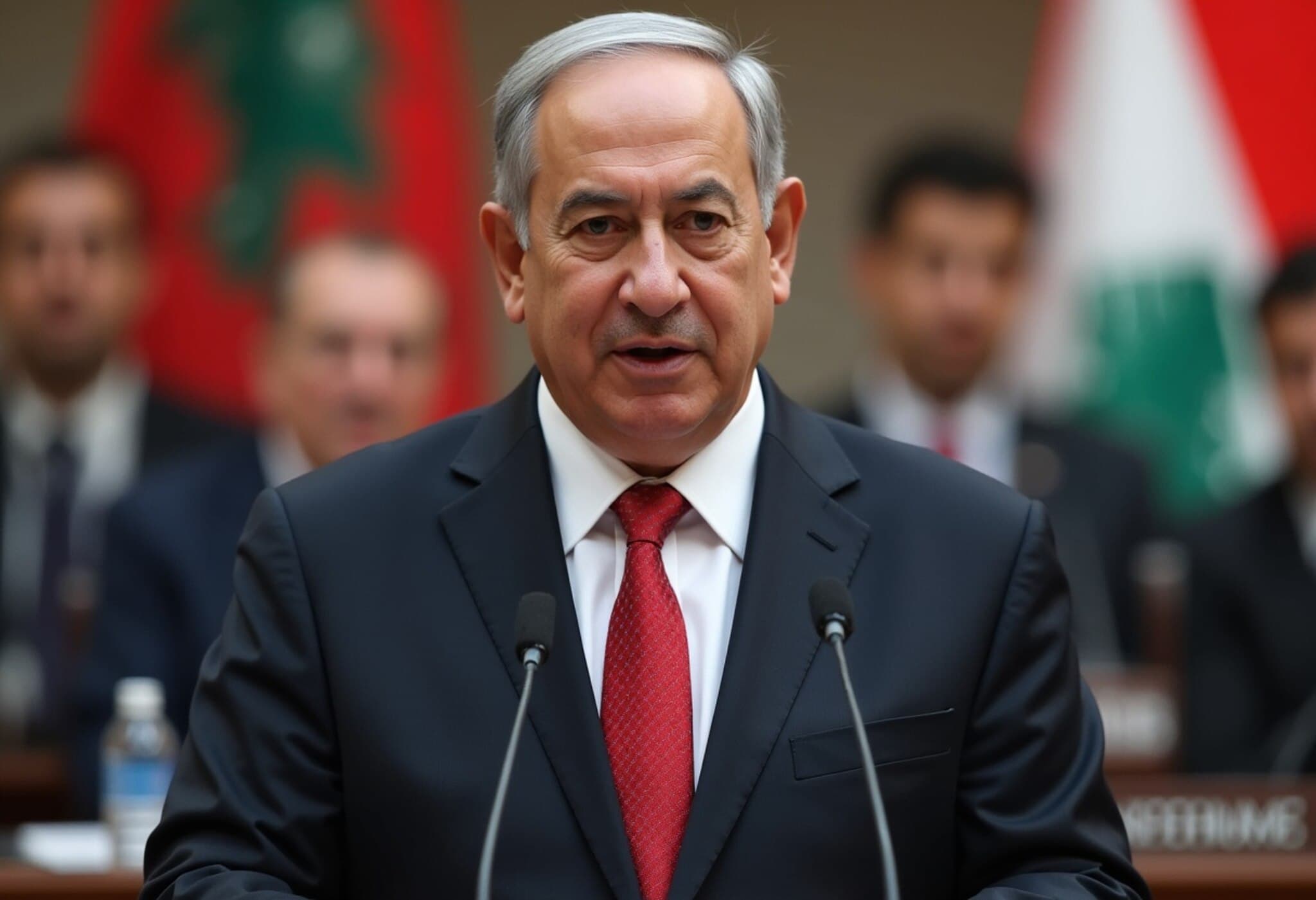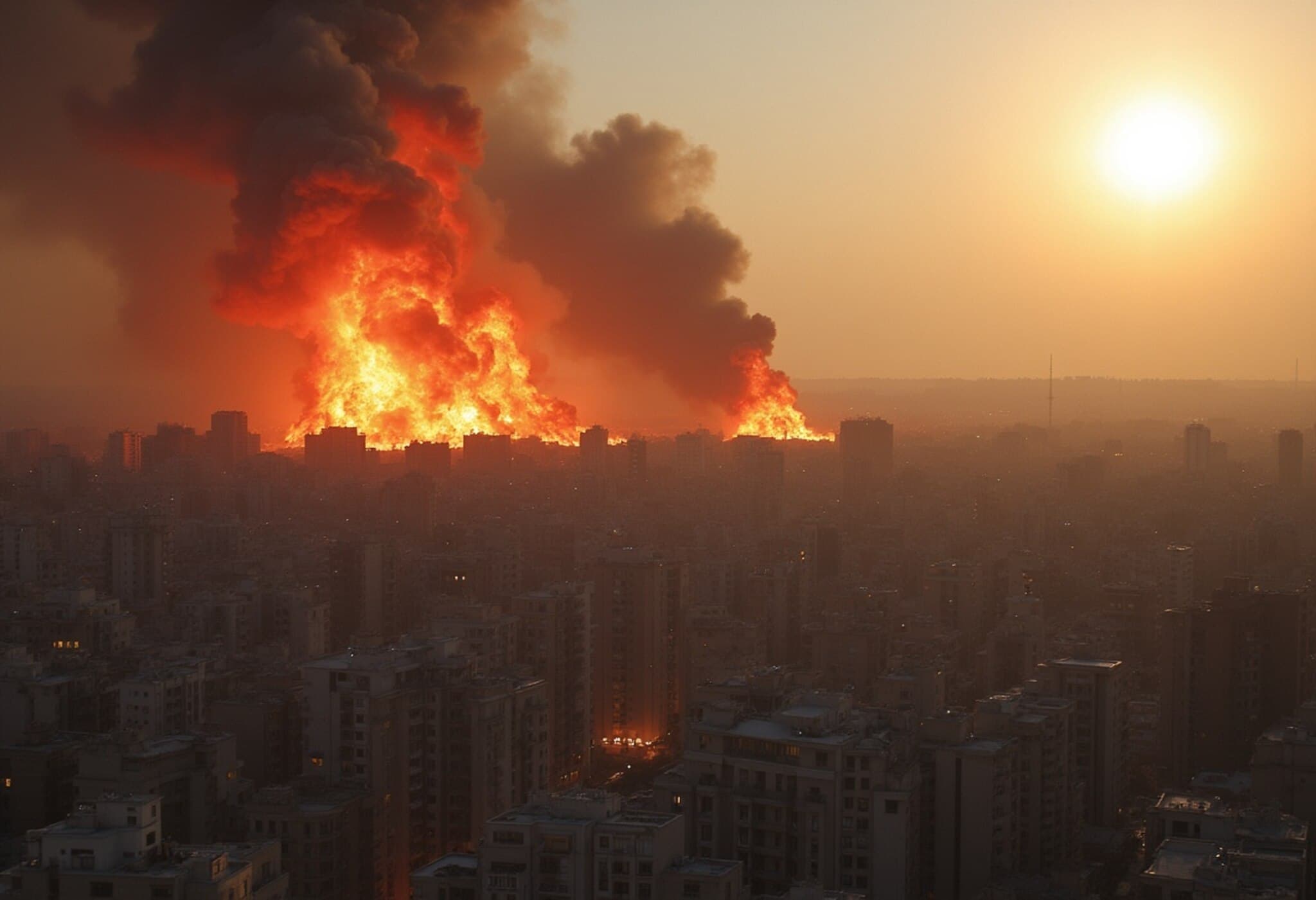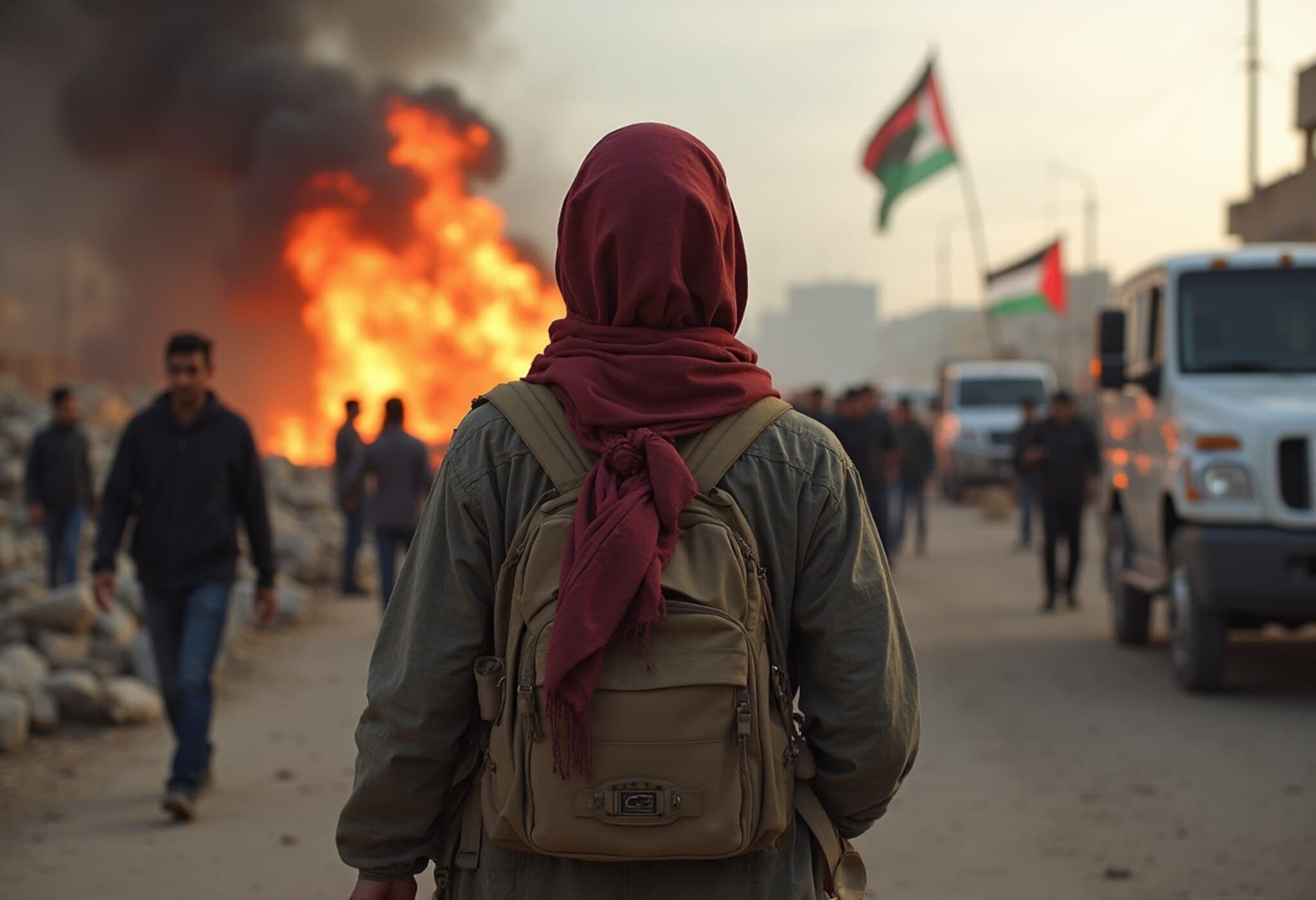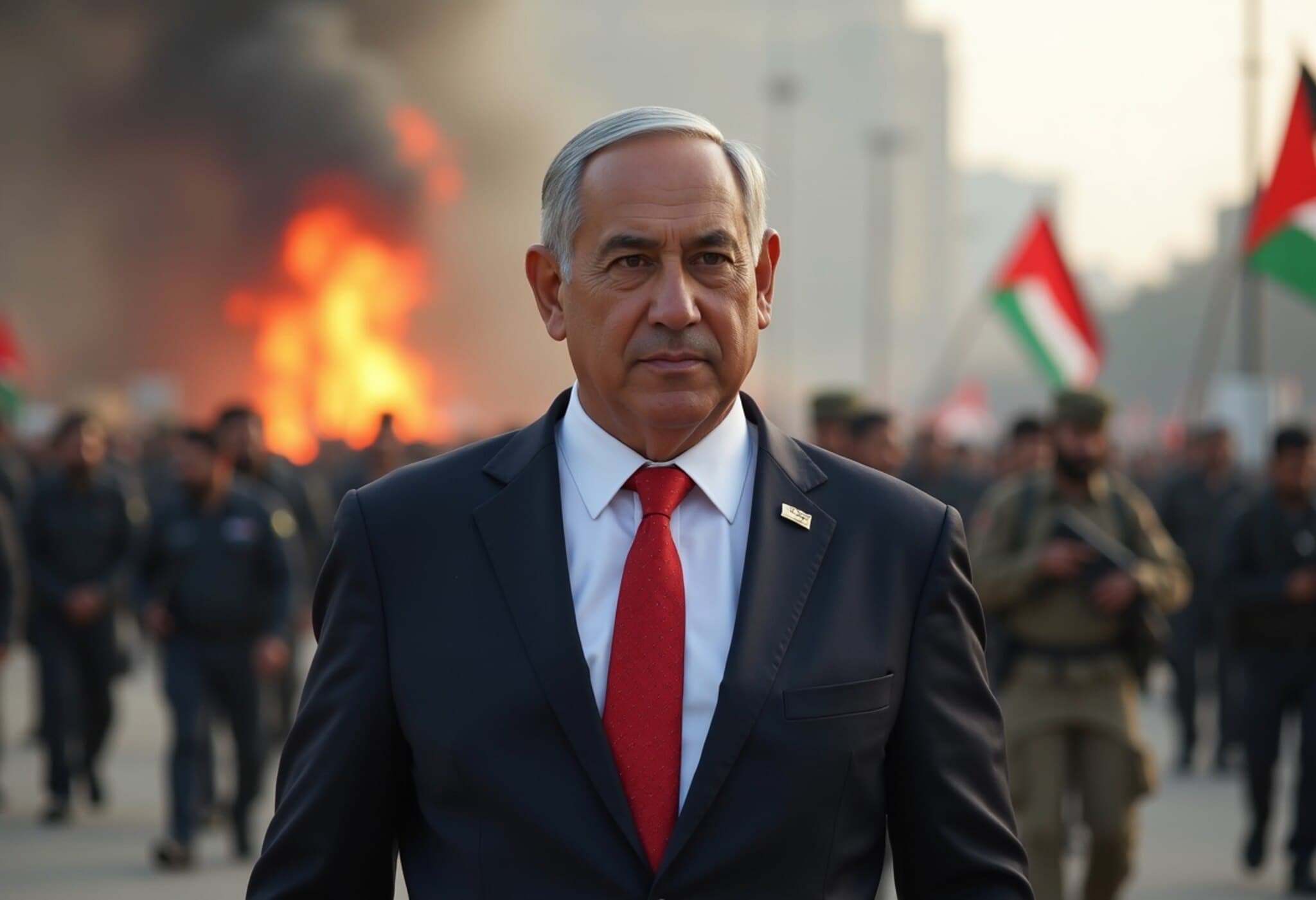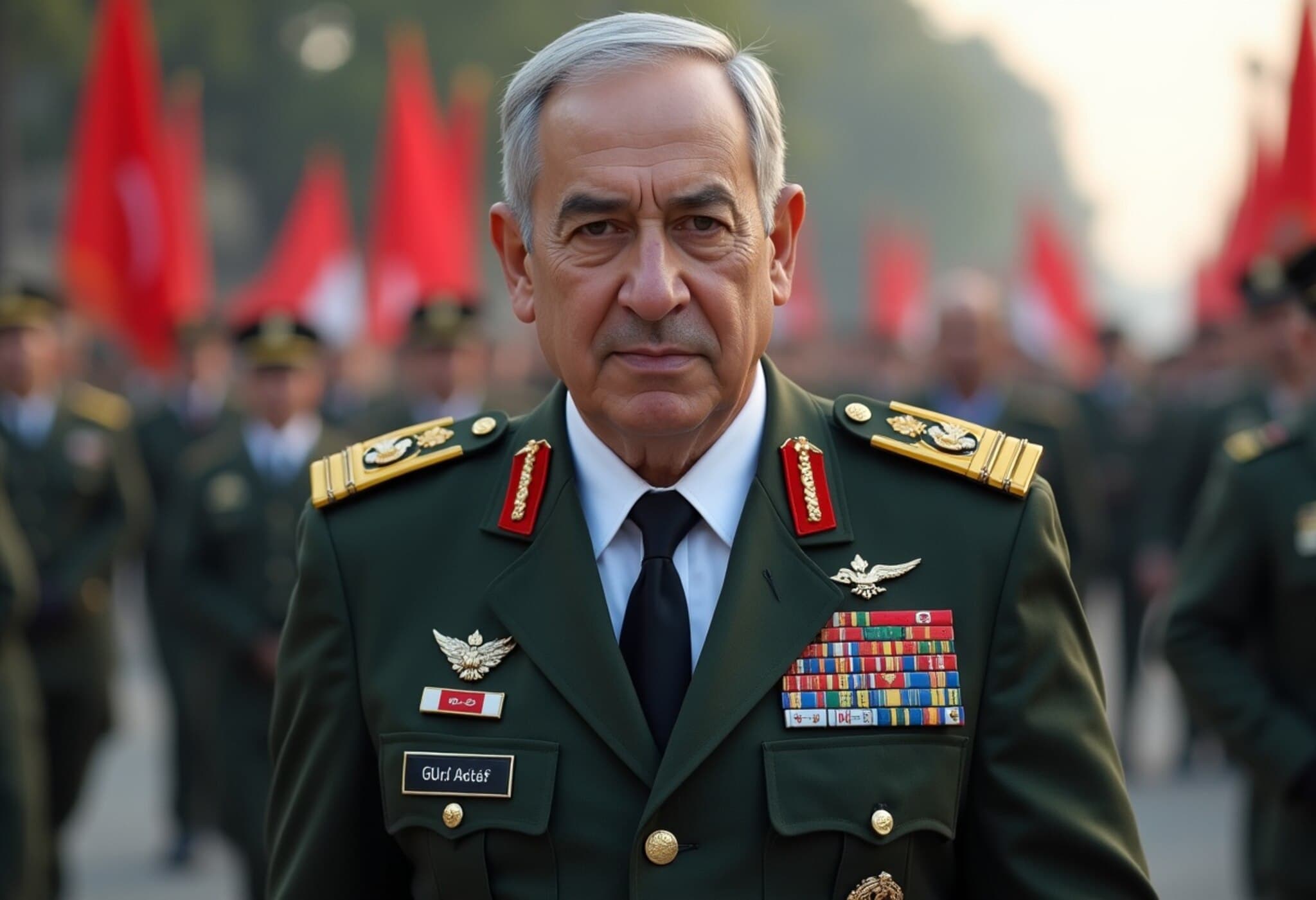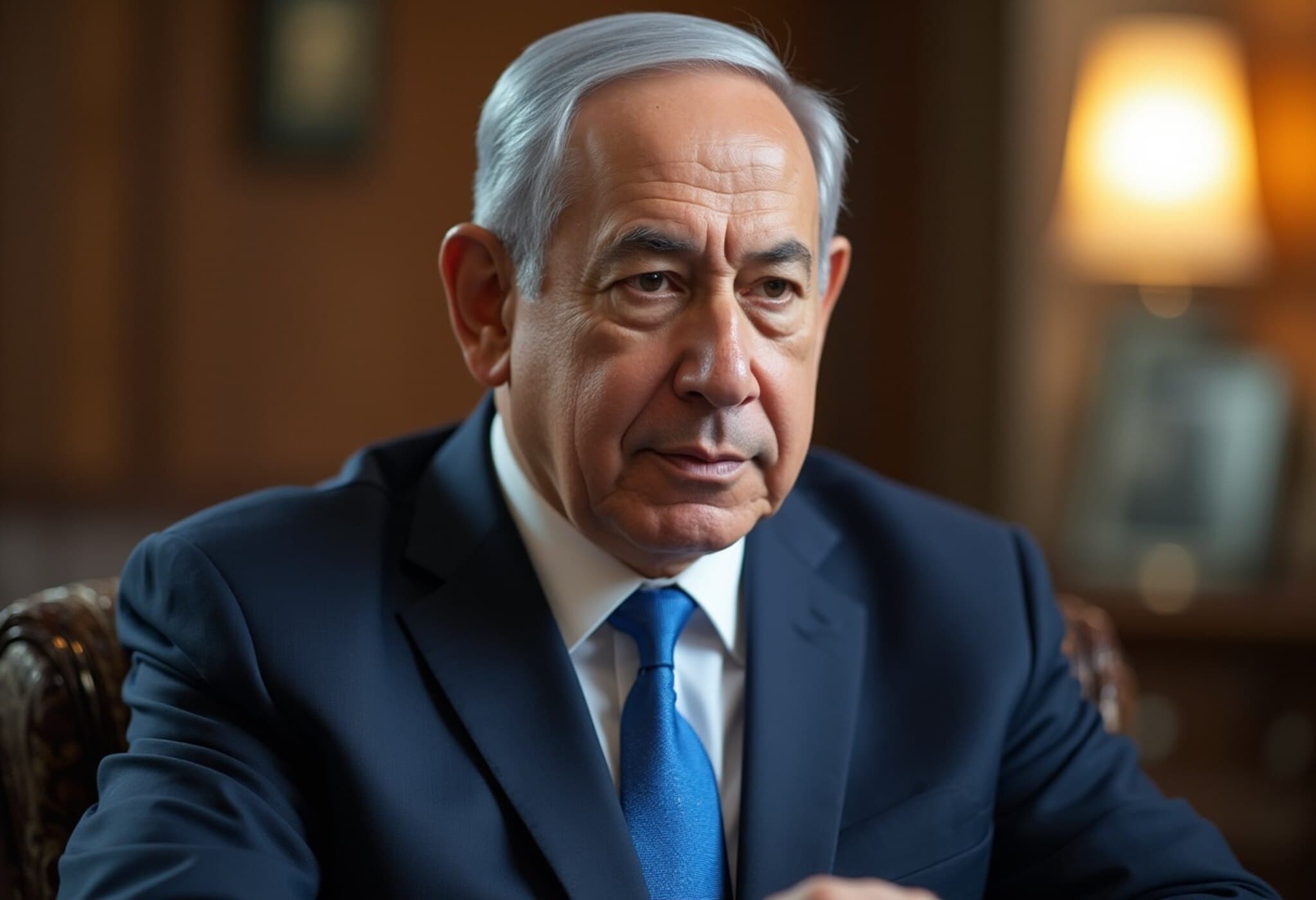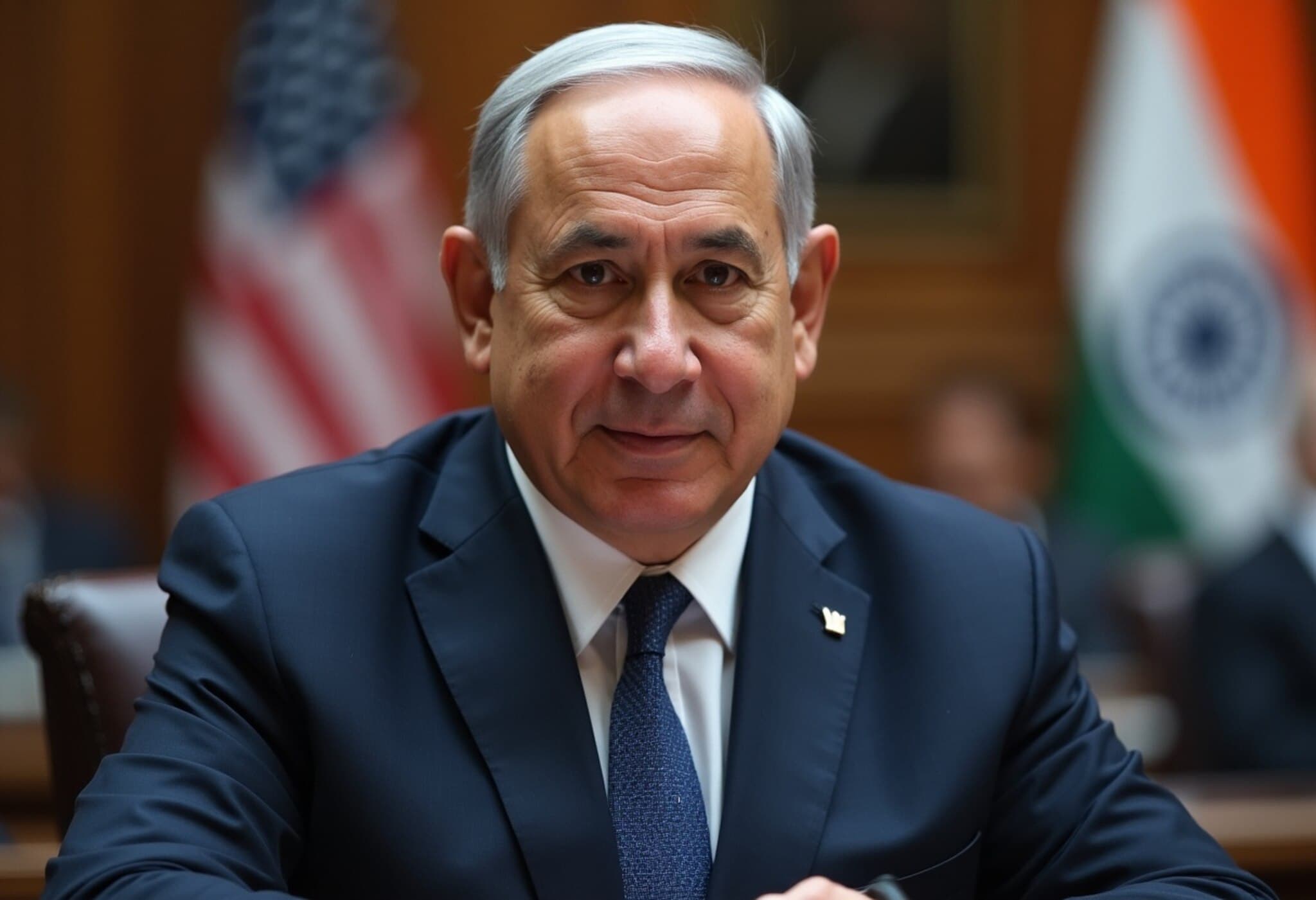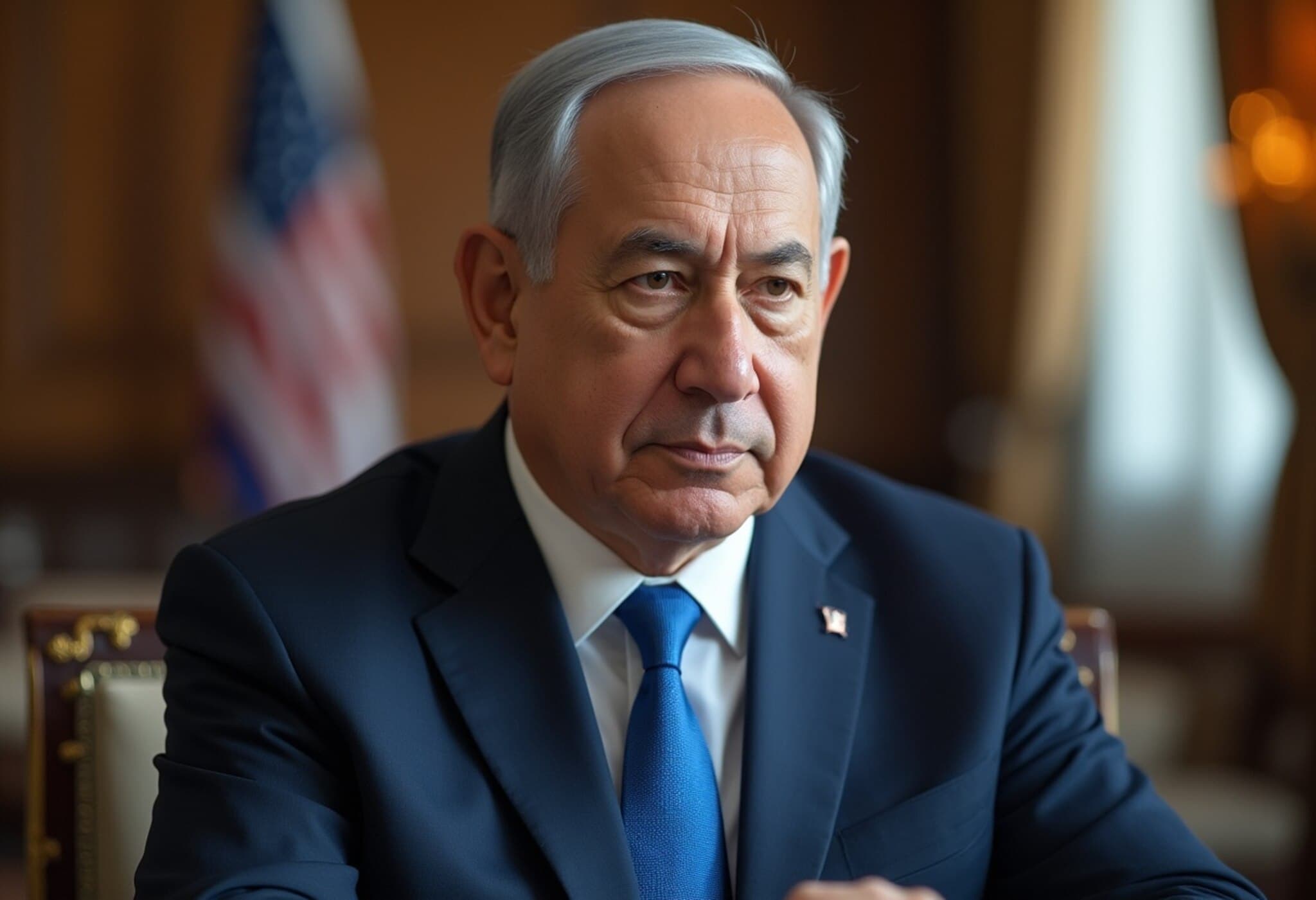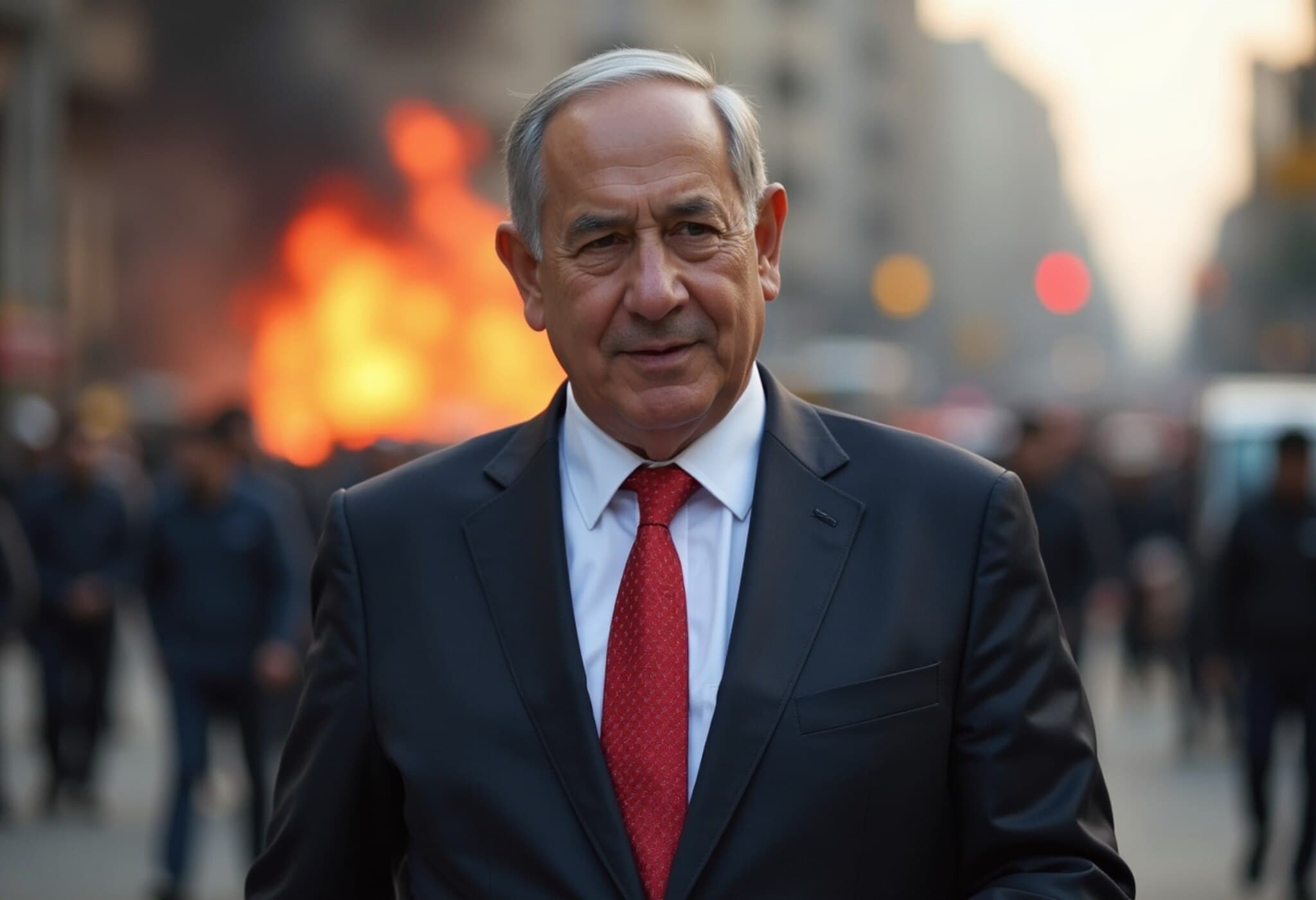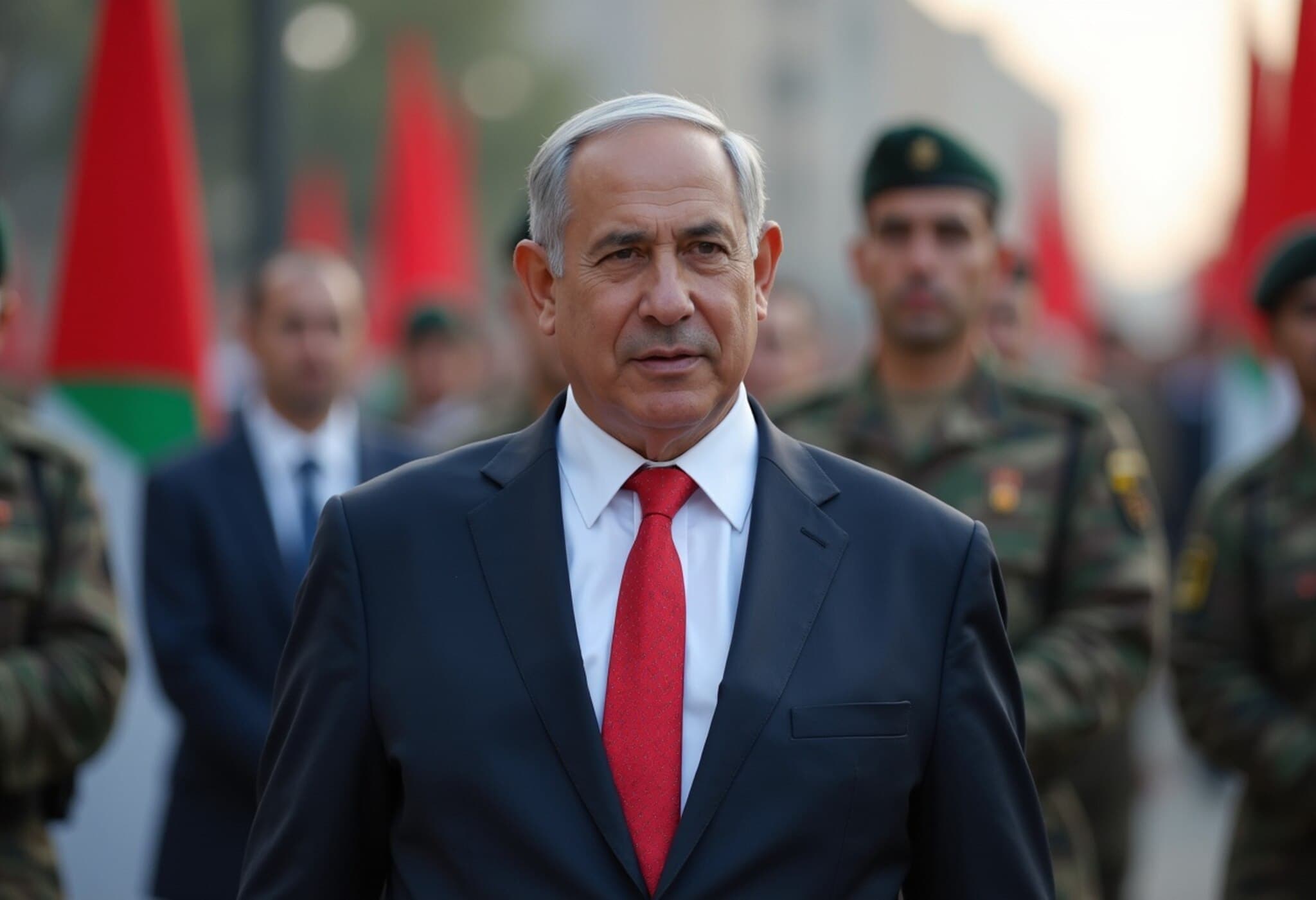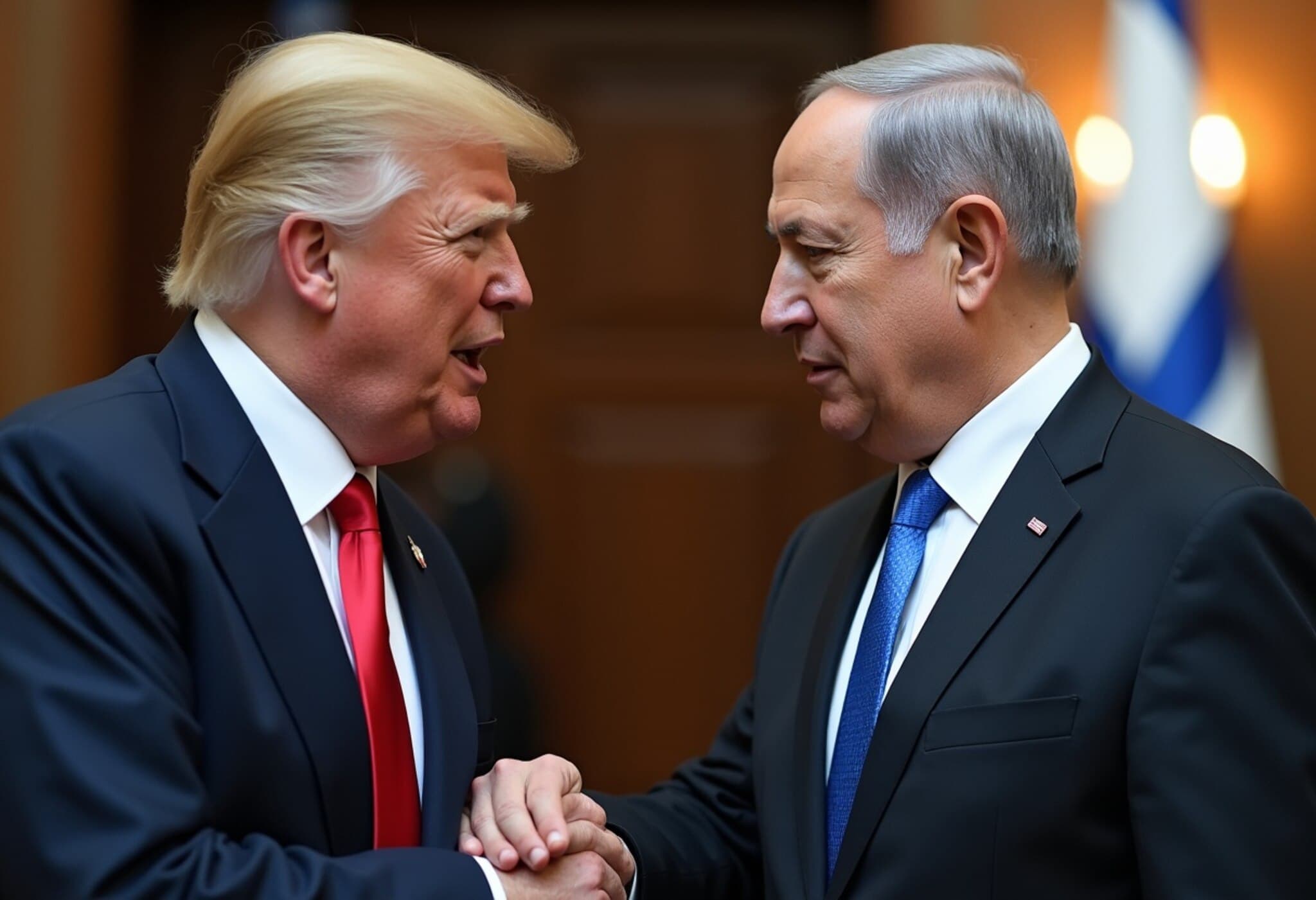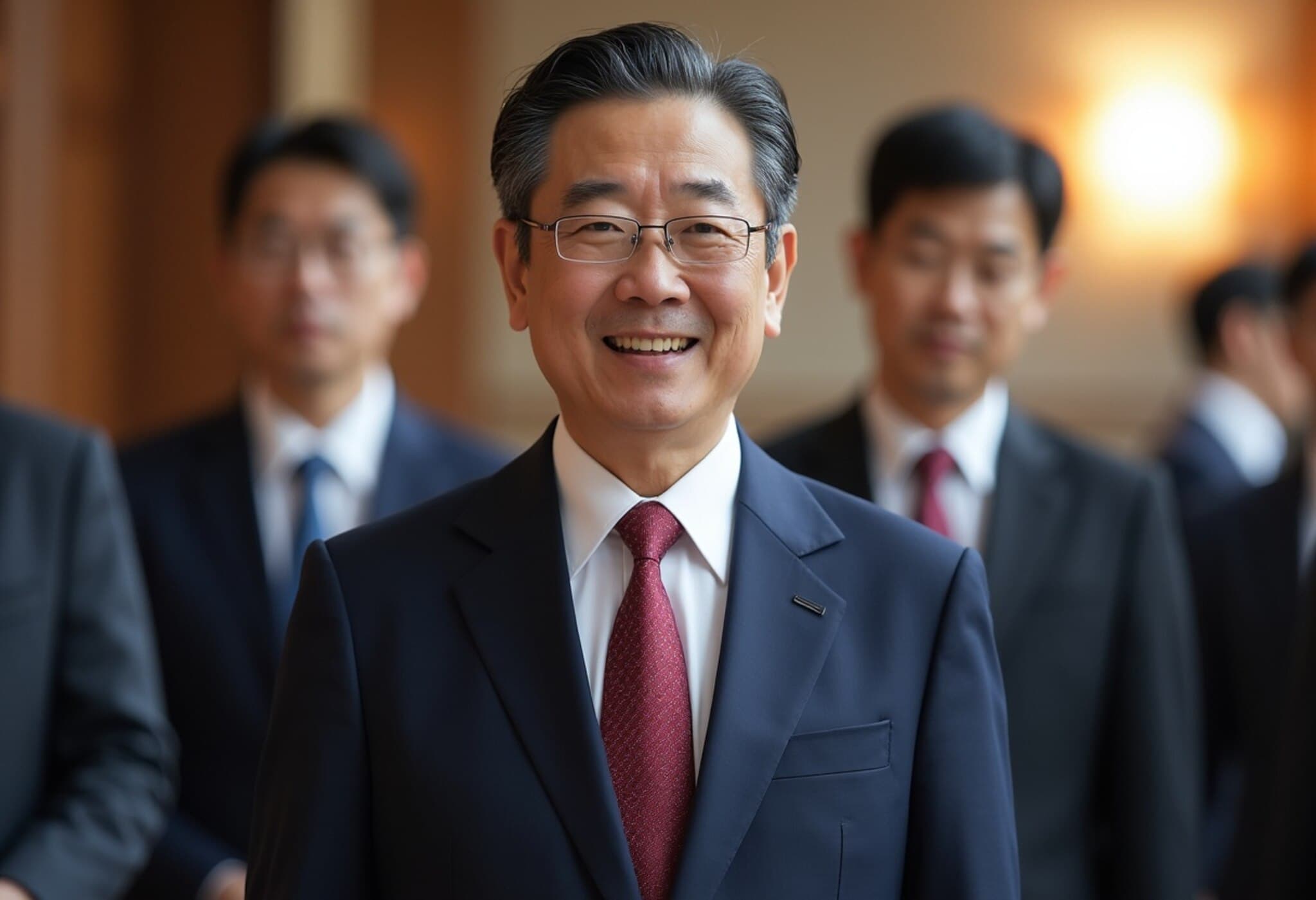Netanyahu Signals Potential Israeli Military Pullback Contingent on Hezbollah Disarmament
In a significant development amid lingering tensions in the Levant, Israeli Prime Minister Benjamin Netanyahu recently declared that Israel's military forces would withdraw from all five contested positions in southern Lebanon if Hezbollah fully disarms. This conditional offer marks a crucial moment in the complex geopolitical dynamics between Israel, Lebanon, and regional actors.
Background: The Lingering Shadow of the 2024 Israel-Hezbollah War
The roots of this announcement lie in the aftermath of last year’s 14-month conflict between Israel and Hezbollah, which culminated in a U.S.-brokered ceasefire in November 2024. The war left Hezbollah considerably weakened due to relentless Israeli airstrikes that targeted the group’s leadership and military infrastructure, with hundreds of Hezbollah members reported killed.
Since then, Israel has maintained five strategic military positions in southern Lebanon. These positions have become a major bone of contention, with Hezbollah refusing to disarm unless Israel withdraws from these footholds and halts daily air operations above Lebanese territory.
The U.S. Diplomatic Role and the Ceasefire Enforcement
Prime Minister Netanyahu’s statement came shortly after a visit from U.S. envoy Tom Barrack, whose mission has been to consolidate the ceasefire and encourage a formal disarmament process for Hezbollah. During his recent visit to Lebanon, Barrack acknowledged the Lebanese government's cooperation and urged Israel to respond in kind, advocating for an "equal handshake" to bolster peace efforts.
Lebanon’s Fragile Path Toward Stability and Reconstruction
The war inflicted an estimated $11.1 billion in damages on Lebanon, devastating southern and eastern regions and displacing thousands. International aid and reconstruction funding are widely expected to hinge on tangible progress toward Hezbollah’s disarmament, given the group's designation by many as an armed militia operating beyond state authority.
However, this path is fraught with internal risks. Hezbollah’s deputy leader, Naim Kassem, has categorically refused to surrender the group’s arms, framing disarmament efforts as aligning with Israeli interests and warning of potential civil unrest if forced disarmament is attempted. This posture poses significant challenges to Lebanon’s government, caught between international expectations and domestic stability.
Israel’s Security Concerns and Strategic Calculations
From Israel’s perspective, Hezbollah’s continued armament is an immediate security threat. The five Israeli-held positions provide vantage points just across from Israeli communities in the north, where nearly 60,000 residents were displaced during last year’s conflict. The militants’ presence there complicates Israeli defense plans and threatens civilian safety.
While Hezbollah has partially withdrawn fighters and weapons from areas south of the Litani River following the ceasefire, disagreement persists over jurisdictional boundaries. The ceasefire calls for dismantling unauthorized military infrastructure south of the Litani, yet Hezbollah insists that disarmament should be confined only to that area. Conversely, Israel and the United States argue that the entire country should see a comprehensive disarmament, illustrating the deep-rooted ambiguities in the agreement.
Conflict Dynamics: Escalations and Wider Regional Implications
The current tensions echo the escalation following the October 7, 2023 attack by Hamas from Gaza, which triggered Hezbollah rocket launches along the Israel-Lebanon border. This set off a wider conflict culminating in the 2024 war, claiming over 4,000 lives.
The persistent volatility along the Israel-Lebanon border underscores the fragile peace. Netanyahu’s conditional withdrawal offer not only highlights the intertwined security insecurities but also the broader regional power contest, particularly regarding Iranian influence via Hezbollah in Lebanon.
Expert Insight: What Lies Ahead?
Experts suggest Netanyahu’s announcement could be a strategic attempt to place the onus of peace squarely on Hezbollah and the Lebanese government, leveraging international pressure to weaken Hezbollah's grip. However, any missteps risk triggering renewed violence or political fragmentation within Lebanon. The United States' diplomatic role in mediating these tensions remains critical to any durable resolution.
Editor's Note
The developments around Israel’s military positions in Lebanon and Hezbollah’s disarmament negotiations reveal the complexities of post-conflict stabilization in the Middle East. As international players push for peace and reconstruction, questions remain: Can Lebanon’s government balance internal pressures with external expectations? Will Hezbollah relinquish arms voluntarily, or will this condition remain a flashpoint? The coming months will be decisive for regional security and the prospects of long-term peace.

